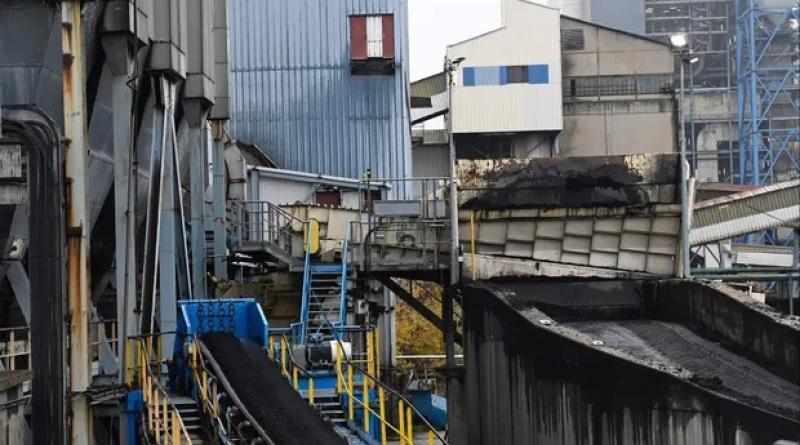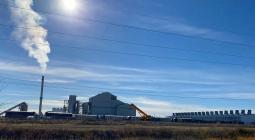However, power sector emissions started increasing again in December. Myllyvirta said the sector continued to be plagued by the poor performance of nuclear, and wind conditions were also poor, but reduced gas use outside the power sector kept emissions falling overall.
He added that the transformation of Europe’s energy this year showed that the underlying trend was strongly away from fossil fuels. “If anyone had said a year ago that Europe could nearly eliminate reliance on Russian fossil fuels in 10 months, they would have been taken for a complete lunatic,” he said. “But we have come quite close to doing so, and that is quite remarkable.”
He added that governments should seek to protect their most vulnerable citizens from the dangerous effects of the energy price rises that have forced such a sudden change. Europe could go further in weaning itself off Russian energy, and fossil fuels in general, but that should be managed equitably, he said.
“It’s unfortunate that so much of this reduction [in fossil fuel use] has happened through high prices, which is having major social and economic impacts,” Myllyvirta said.






